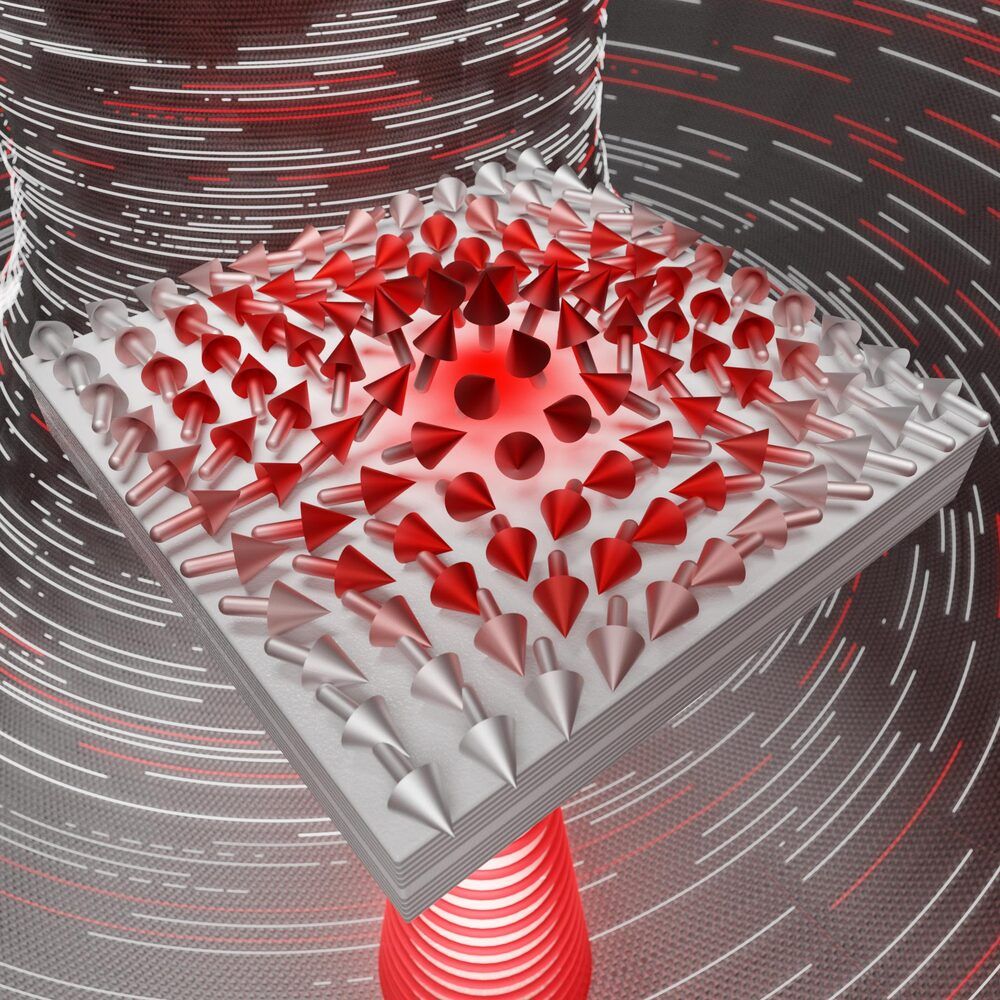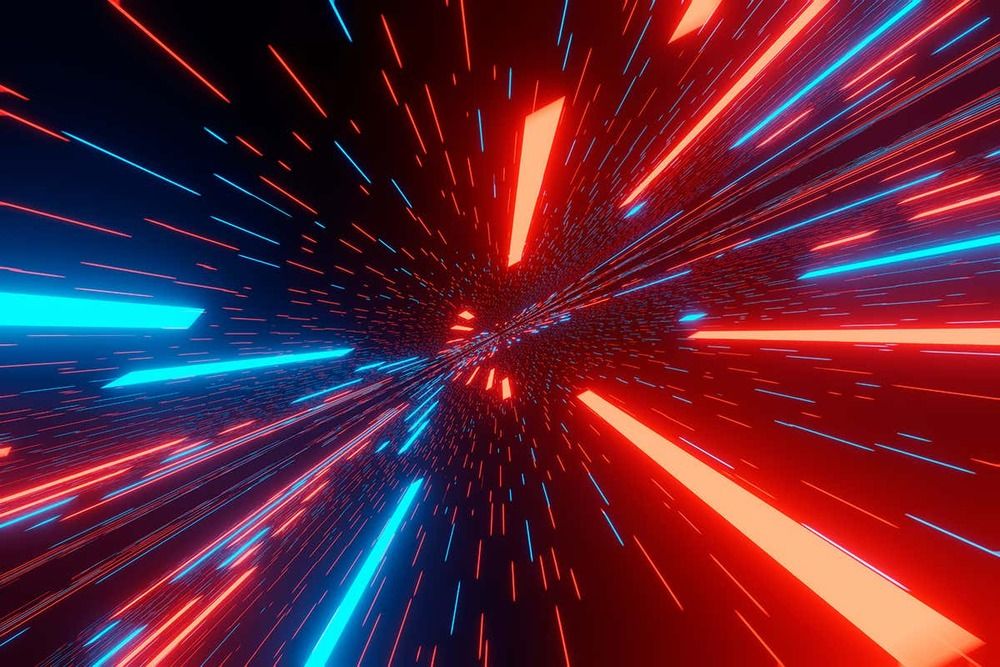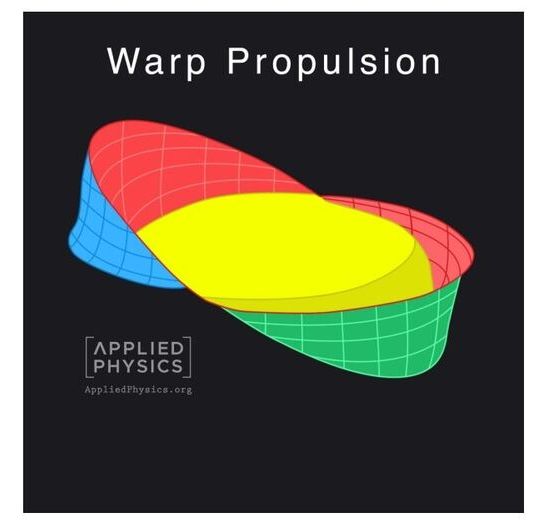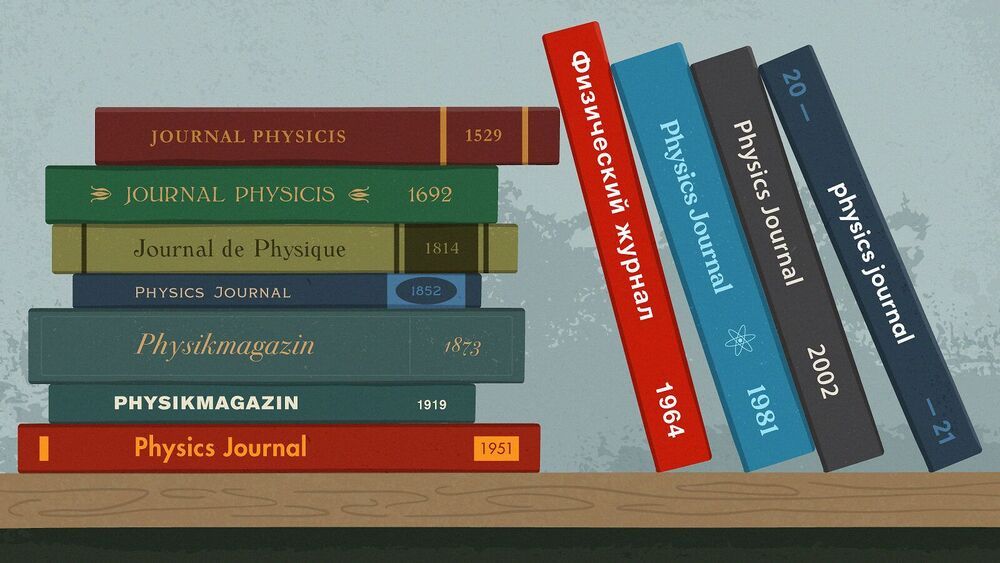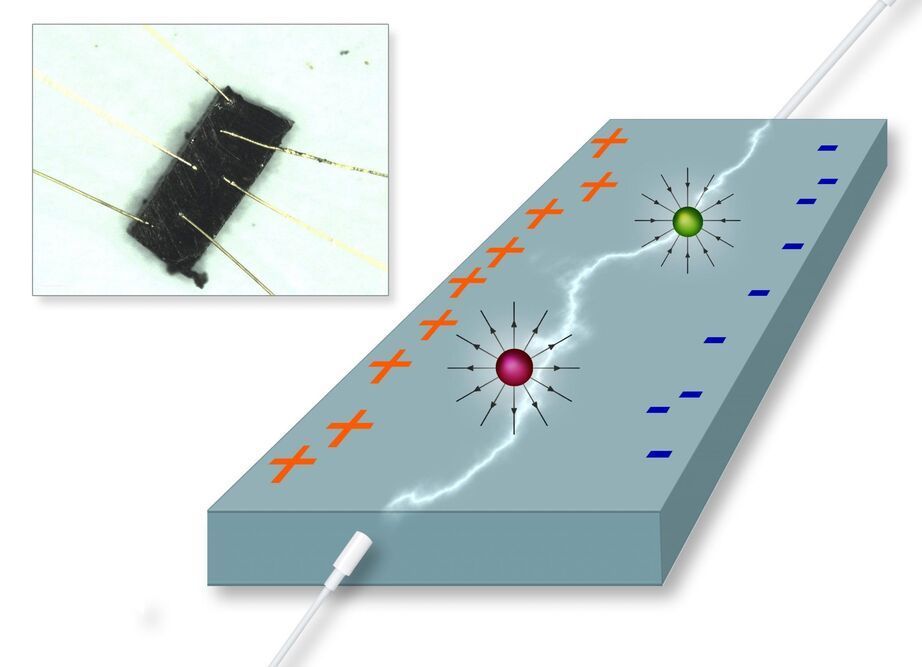😃
Scientists have demonstrated how to structure light such that its polarization behaves like a collective of spins in a ferromagnet forming half-skyrmions (also known as merons). To achieve this, the light was trapped in a thin liquid crystal layer between two nearly perfect mirrors. Skyrmions, in general, are found, e.g., as elementary excitations of magnetization in a two-dimensional ferromagnet but do not naturally appear in electromagnetic (light) fields.
One of the key concepts in physics, and science overall, is the notion of a “field” that can describe the spatial distribution of a physical quantity. For instance, a weather map shows the distributions of temperature and pressure (these are known as scalar fields), as well as the wind speed and direction (known as a vector field). Almost everyone wears a vector field on their head — every hair has an origin and an end, just like a vector. Over 100 years ago L.E.J. Brouwer proved the hairy ball theorem which states that you can’t comb a hairy ball flat without creating whorls, whirls (vortices), or cowlicks.
